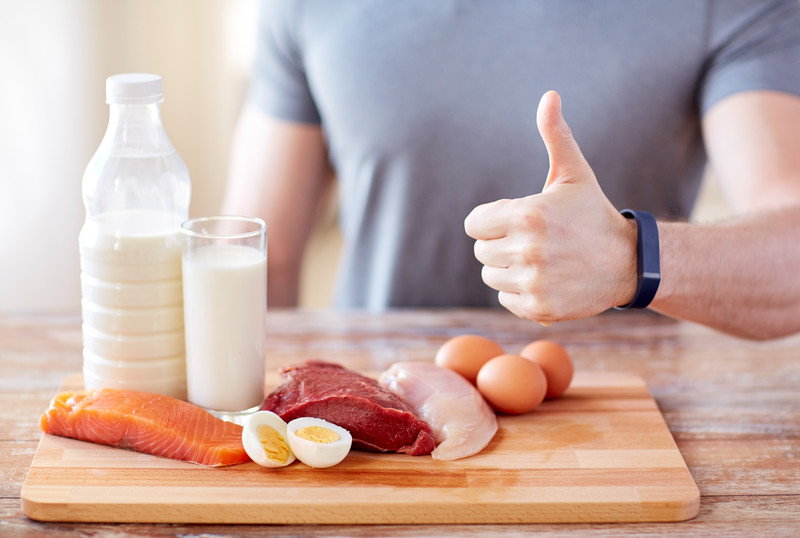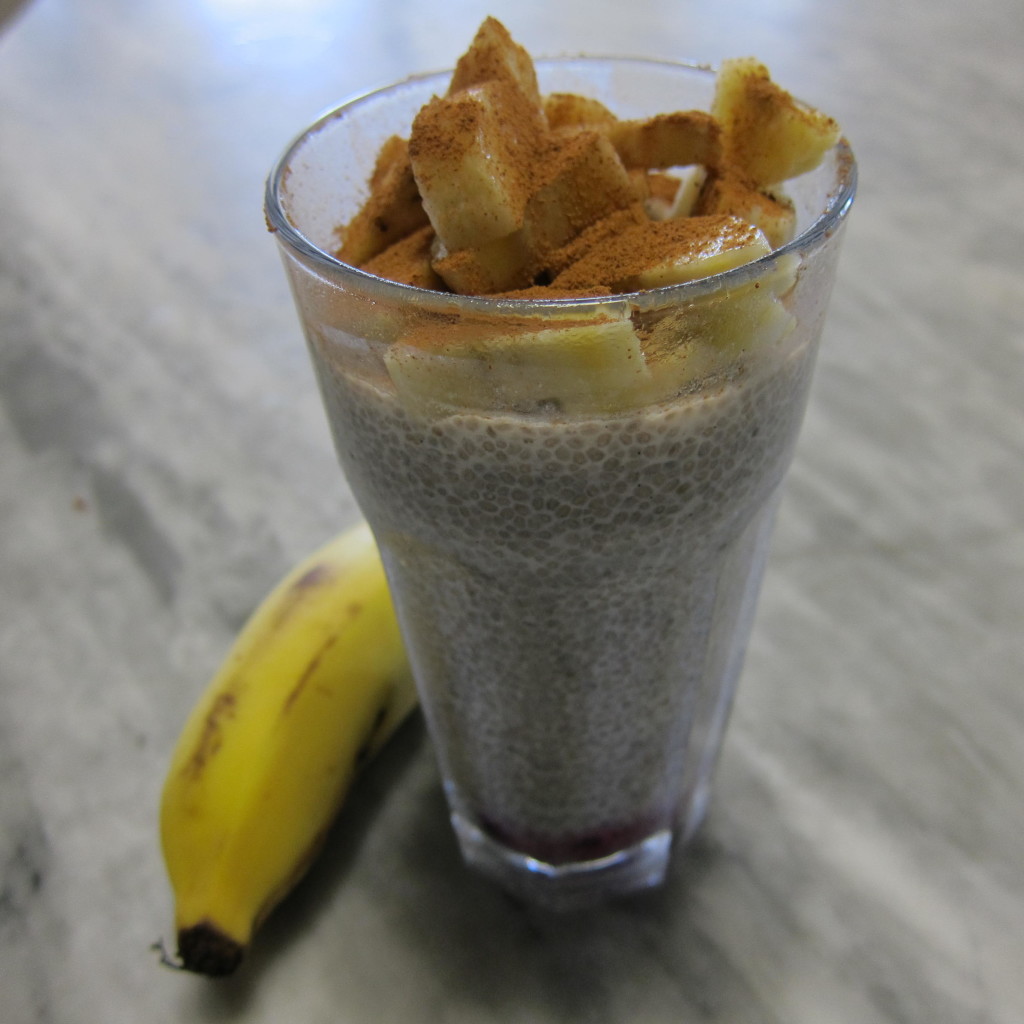Dr. Spencer Nadolsky once said, “Protein is King.”
Well said Doctor.
Protein is extremely important in the make-up and function of our bodies and forms the building blocks necessary for good health and continued growth.

Daily protein requirements from animal sources in the form of meat, dairy or eggs is probably the most popular way for people to get their daily fill. But, there are many great sources of protein which are plant-based. Unfortunately, these are often overlooked when it comes to preparing our daily meals.
Here’s 8 of the best plant based protein sources for you to enjoy!
Lentils and Beans
My favourites; these little beauties fall into one of the starchy type of proteins. They are excellent sources of not only protein, but also carbohydrates and fibre. They are great when added as a topping on a salad, as a burrito or taco filling with a good dash of chili or to make vegetarian meatballs or burgers.
There are many different types of beans to choose from and they make a great addition to any of your slow cooked winter warmers. White beans also make a great hummus instead of the traditional chick peas; it makes a good change and they have a nice creamy consistency.
One cup of cooked lentils contains about 18 grams of protein; about 15 grams in the same size serving of beans.
Chia Seeds

Chia seeds are one of the ancient grains different than most other types of plant protein in that they turn into a type of gel when added to water. Add Chia Seeds to your oatmeal for breakfast, cold cereals, or in muffins to bump up the protein content and add soluble fibre to your diet.
Two tablespoons contains about 4 grams of protein.
Try this recipe for delicious Chia Seed breakfast pudding.
Quinoa
This is another starchy ancient protein which is great when served in place of rice or as part of a stir-fry. It can also be used as a hot breakfast cereal or as a topping on a salad. This is another one that has hit superfood status over the past few years.
One-half cup of quinoa has about 7 to 9 grams of protein.
Hemp Seeds
Known as a complete protein, because it contains all nine essential amino acids, it is also a great source for Omega-3 fatty acid. Boost the protein by adding them to soups, stews, salads, baked goods, or to smoothies. Three tablespoons of hemp seeds contain about 10 grams of protein.
Spirulina
This one has become very popular over the past few years (some are giving it a super food label) and is entirely different from other plant-based protein; it is blue-green in colour and comes from algae.
Just be aware that it will impart a greenish tint to whatever it is mixed with.
It blends well as part of a smoothie or in desserts and snacks. It does have a pleasant sweet taste with hints of vanilla and chocolate and has about 8 grams of protein per 2 tablespoons.
Nutritional Yeast
This is not a yeast at all, but a staple food item among plant-based food enthusiasts. It comes in either powder or flaked form and can be mixed in sauces, dips and dressings to kick up the flavor with its cheesy taste.
Nutritional yeast has about 12 grams of protein per 3 tablespoons.
Seeds and Nuts
Beside the seeds already mentioned, sunflower, flax and pumpkin (pepitas – good source of zinc)) are also all good sources of protein and minerals. Raw brazil nuts, almonds, walnuts, cashews, macadamias and pistachios are also a great for a protein snack during the day…….about 30 grams is enough.
Most have a taste varying from sweet to earthy. They work good ground into a flour and used in baked goods or left whole as a topping on oatmeal, cereals, sprinkled on a salad or as a snack.
A quarter of a cup of either seeds or nuts has about 7 to 9 grams of protein.
Soy
No list of plant protein would be complete without soy. Tempeh, tofu and edamame are all types of soy that have around 20 grams of protein per 2.5 tablespoon serving. Cooking with it is similar to beans and lentils and it can be added to stir-fry or as the “meat” for spaghetti sauce and filling for tacos.
With these sources of plant-based protein, vegans and some vegetarians do not have to worry about getting enough protein in their diet. Just be sure to cycle through all of the sources to ensure getting enough of the essential amino acids found in protein.
This is only a brief overview of some alternative types of protein for you to try. If you like to have a meat free day each week then choose something from the list and experiment with some new recipes. They are all easy to cook with and the options are endless.
Another question I get asked a lot is about Protein Intake – How Much Protein Should You Eat per Day?
Cheers – John – your Active Ageing Mentor and Coach.
P.S. Do a friend a favour – like and share – thanks.
Leave a Reply